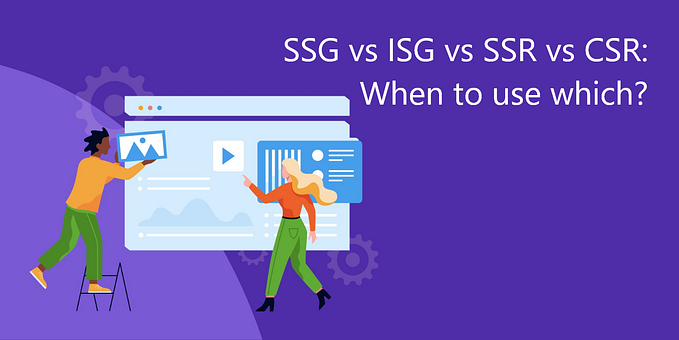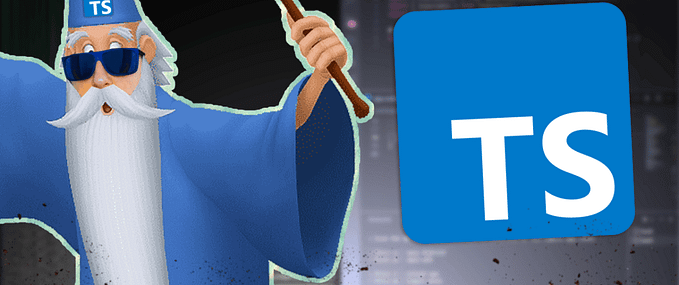Member-only story
JavaScript on Steroids: Why and How Pros use TypeScript

With the surge in popularity of TypeScript, we are witnessing a humongous number of developers ditching JavaScript in favor of TypeScript. Often junior developers are left scratching their heads over why the shift is taking place and how to make the most of it.
This article will help you nail TypeScript and provide insights into why it is better than JavaScript.
Why TypeScript?
Before we start with Why, we should probably look at What is TypeScript?
TypeScript is a programming language developed and maintained by Microsoft. It is a strict syntactical superset of JavaScript and adds optional static typing to the language. TypeScript is designed for the development of large applications and transcompiles to JavaScript
TypeScript adds an additional layer of static typing, which helps the developer avoid a lot of difficult-to-find bugs at development time instead of runtime. It also helps a lot in IntelliSense, providing precise code completion suggestions, so no more stumbling around in the dark.










